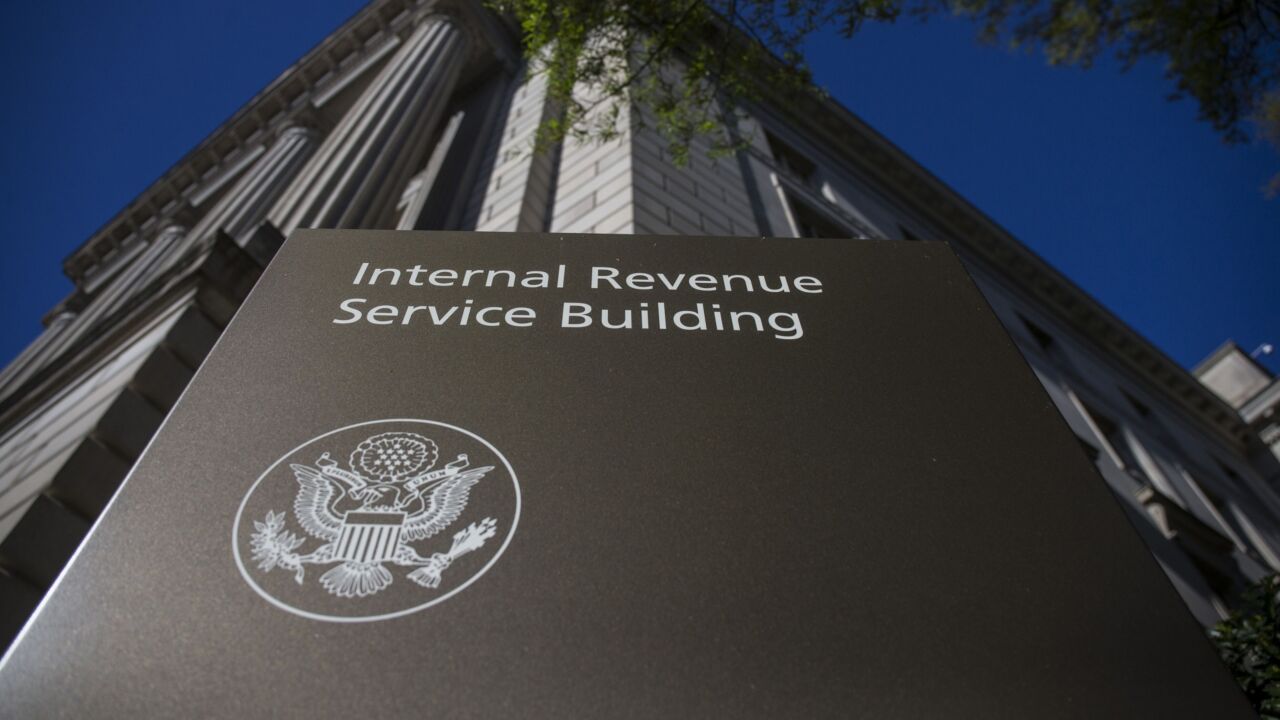-
Click on individual bank names in the table below to access American Banker's coverage of each company's earnings report.
July 31 -
Citigroup Inc., the third-biggest U.S. bank by assets, posted a 42 percent increase in second-quarter profit that beat analysts' estimates as stock-trading revenue surged and losses on unwanted assets declined.
July 15 -
The largest U.S. bank's forecast of a steep decline in mortgage volume and continued regulatory uncertainty raised alarm bells about the whole industry. Possible growth in credit cards offered a ray of hope.
July 12 -
WASHINGTON Four key senators introduced a bill Thursday that would effectively reinstate a Depression-era law that separated the investment and commercial sides of U.S. banks.
July 11
Citigroup's (NYSE:C) jump in second-quarter trading profits highlights the benefits of diversification for big banks and how much they have to lose from the movement to resurrect the Glass-Steagall barriers between commercial and investment banking.
Citigroup, perhaps more than any other bank, has been a product and a victim of the decision to remove those barriers, which originated with the Depression-era Glass-Steagall law. As the law was repealed in 1999, Citigroup ballooned into an unwieldy financial supermarket, shrinking only after the financial crisis forced it to take three government bailouts. Now the bank is much smaller, but it still relies on a complex mixture of banking and trading activities to drive profits.
On Monday, Citigroup said its securities and banking unit helped its second-quarter profit exceed expectations and offset weak growth in its large and international consumer operations. Overall profit
Citigroup's results mirrored a similar report Friday from JPMorgan Chase (JPM), which also relied on
Few industry members expect the bipartisan 21st-Century Glass-Steagall Act, backed by Sens. Elizabeth Warren, D-Mass., and John McCain, R-Ariz., to succeed. But it marks the latest attempt by policymakers to rein in large banks. Last week, Warren said that the aim of the bill was to make
Citigroup executives would not discuss the bill on Monday.
Even as lawmakers increase their calls for big bank breakups, some onetime Citigroup critics are changing their minds. William Smith of Smith Asset Management, a longtime advocate for breaking up the bank into separate and, he argues, more valuable businesses, said he is starting to rethink that view. Some nine months after Chairman Michael O'Neill orchestrated the ouster of Chief Executive Vikram Pandit, Smith says the company is on firmer footing under O'Neill and Pandit's successor, Michael Corbat.
"It was a solid quarter. I don't think it lit anybody on fire but if Citi can manage to do as well [in the future] as they're doing right now, why break it up?" Smith says. "In the past I thought that was the only way to create value. Now they have the tools and the management, between Corbat and O'Neill, to run the bank successfully and compete with JPMorgan."
Investors appear to agree. In heavy trading, Citi's shares were up 2% late Thursday, to $51.87.
Corbat, presiding over his third earnings conference call, called the results "well-balanced across the [bank's] products and geographies." Citigroup carried the most weight in securities and banking, where profit grew 63% from a year earlier, to $2.4 billion. Revenues jumped in bond trading, investment banking and especially stock trading, including equity derivatives.
By contrast, Citigroup's global consumer banking profit fell 1% from a year earlier, to $2.0 billion. Corbat has been closing down branches and pulling back in some of Citigroup's international locations, but Citigroup's consumer businesses in Latin America and other far-flung markets still helped offset a flat quarter in North America.
"The U.S. consumer is still going through a stage of deleveraging," Chief Financial Officer John Gerspach told reporters during a conference call.
He added that in North America consumer banking, "the only source of strength" is in mortgage refinancings and in student and auto lending, of which Citigroup does little.
Busy and volatile market conditions helped the bank's trading revenues, but Gerspach also said those results reflected years of work to overhaul the trading unit.
The securities and banking revenue growth "is the result of a lot of repositioning and restructurings that we've done in the last two to four years," Gerspach told reporters. "It's a much more customer-centric business, much more centered on flow-type products and on emerging markets. It also benefits from some key hires in the last 18 to 24 months. That certainly helps drive some of the momentum that we've continued to have in our investment banking business."
But he added that unpredictable market conditions will continue to determine how much trading revenue Citigroup and its biggest competitors have to cushion their more lackluster commercial banking results in coming quarters.
"I don't know of anybody who can run a securities and banking business totally devoid of market impact," Gerspach said. "Some portion of our ongoing performance" depends on that.





